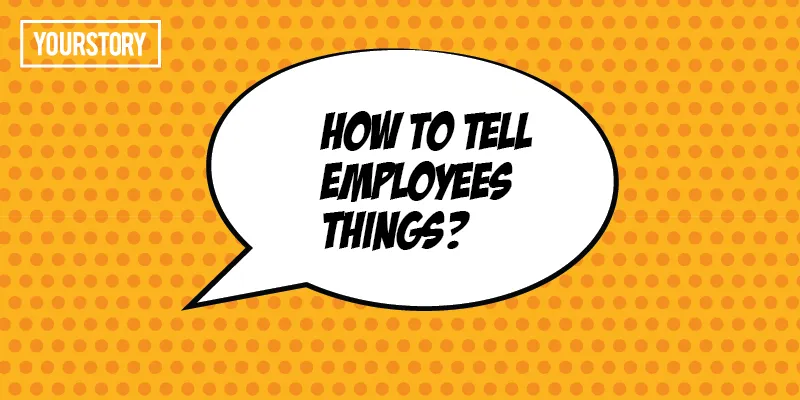Divulging information in a transparent workplace — what you should know
Every single day, early-stage startups and companies like InMobi are on a quest to make their workplaces more transparent. While for smaller organisations, the challenge is to keep employees motivated and ‘in the loop’, for larger ones, it is often about bringing together employees from all over the world, understanding their needs and ensuring that the company’s vision reaches them all. Perhaps, it is no surprise then that an open culture is encouraged and advocated by so many people. But when does an open culture go too far?

Consider this example. An entrepreneur quit his corporate job and started up because he felt that the corporate environment was too secretive. Even though he served in key positions, he never felt like a valued stakeholder in the huge company. So, when he started up, everyone from the person who supplied lunch, to his right-hand man knew everything there was to know about the business. Eventually, the startup failed and there are many reasons why this happened.
For one, some employees who knew too much strategic information about the business, took it out into the market faster and gave him stiff competition. Secondly, an entrepreneur’s journey is riddled with challenges on a daily basis. When employees discovered just how many challenges there really were, they started looking out for other jobs. Third, so much time was spent talking about these things that actual work never got done!
Timing is everything
Having an open culture while also keeping crucial developments under wraps until they materialise is a skill every entrepreneur must have. You may want to gush all about it, but you need to time it right and make a formal announcement. A good time to announce funding is after all relevant papers have been signed, and not on the day of the meeting. They don’t need a minute-by-minute recap of what went on.
Saying too much, but meaning too little
How many of us used to be bored by those long speeches at school functions. If you speak for two hours and say something important in there somewhere, people never get it. Moreover, if you have a standard speech for everything, prepare to be mocked. There are things like the salaries you give out to each of them and the legal department’s concerns that don’t need to be discussed with every single employee. Being transparent is not the same as saying everything comes to your mind.
The best thing to do is to share what is necessary for employees to work with and what affects them. Put yourself in their shoes and consider what you would have wanted to know. There are several other ways than being transparent to bond with employees such as outings, days off and cultural programmes.







